St. Louis City Department of Health
How do you define public health? Why is it important? Why should people care? After all this time we’ve collectively lived with and through the pandemic, there isn’t anyone’s life who hasn’t been touched by public health. When it comes down to the heart of the matter for many public health issues (i.e. gun violence, COVID-19, mental health), people are hurting and lives are being lost that could have been saved. How do we engage the public to participate in improving public health outcomes? And how do we build awareness so there’s a collective understanding of the importance of public health? Numbers, data, science, facts... Yes, and stories. This series aims to start there in collaboration with health and public health professionals with the City of St. Louis Department of Health.
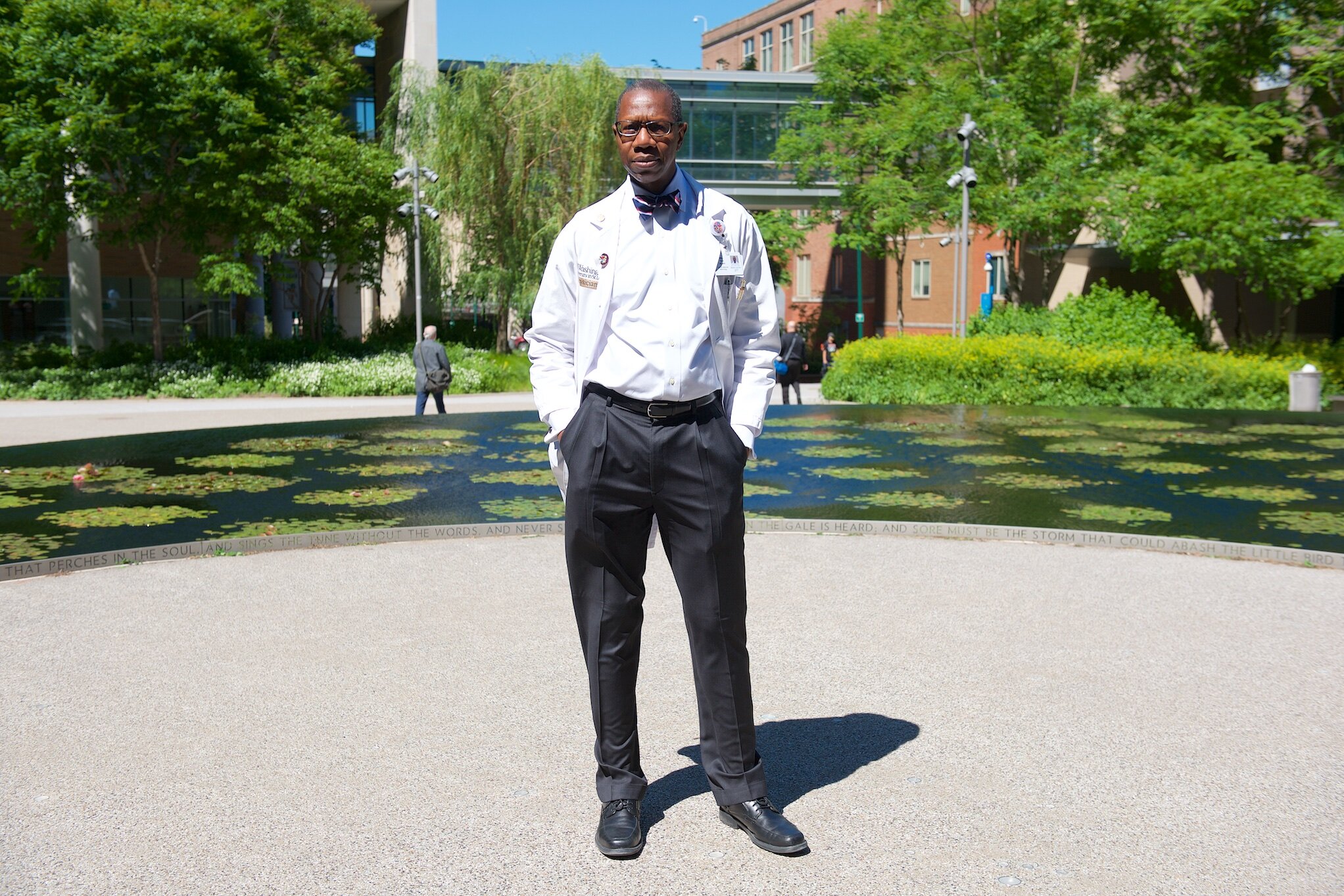
“I left the St. Louis Regional Medical Center in 1996, and it closed a year later. I had been running four community health clinics and as I walked out of the hospital for the last time there were some dialysis patients outside waiting for the van to take them home. I saw a couple of my patients including Bea, who had to have been like 78 years old. Bea saw me, grabbed my hand, and said, ‘Dr. Ross, I know you’re going on to a new place, but please do not forget about us.’ I said, ‘Bea, how could I forget about you?’ She said, ‘Do you hear what I’m saying? Do not forget about us.’ All the patients gathered around me and she wouldn’t let go. She said, ‘You’re not hearing me. Don’t forget about US.’ And I really got it the third time. It wasn’t about them. It was about what we were doing at that hospital providing culturally appropriate care and showing humility towards individuals who were falling through the cracks.”
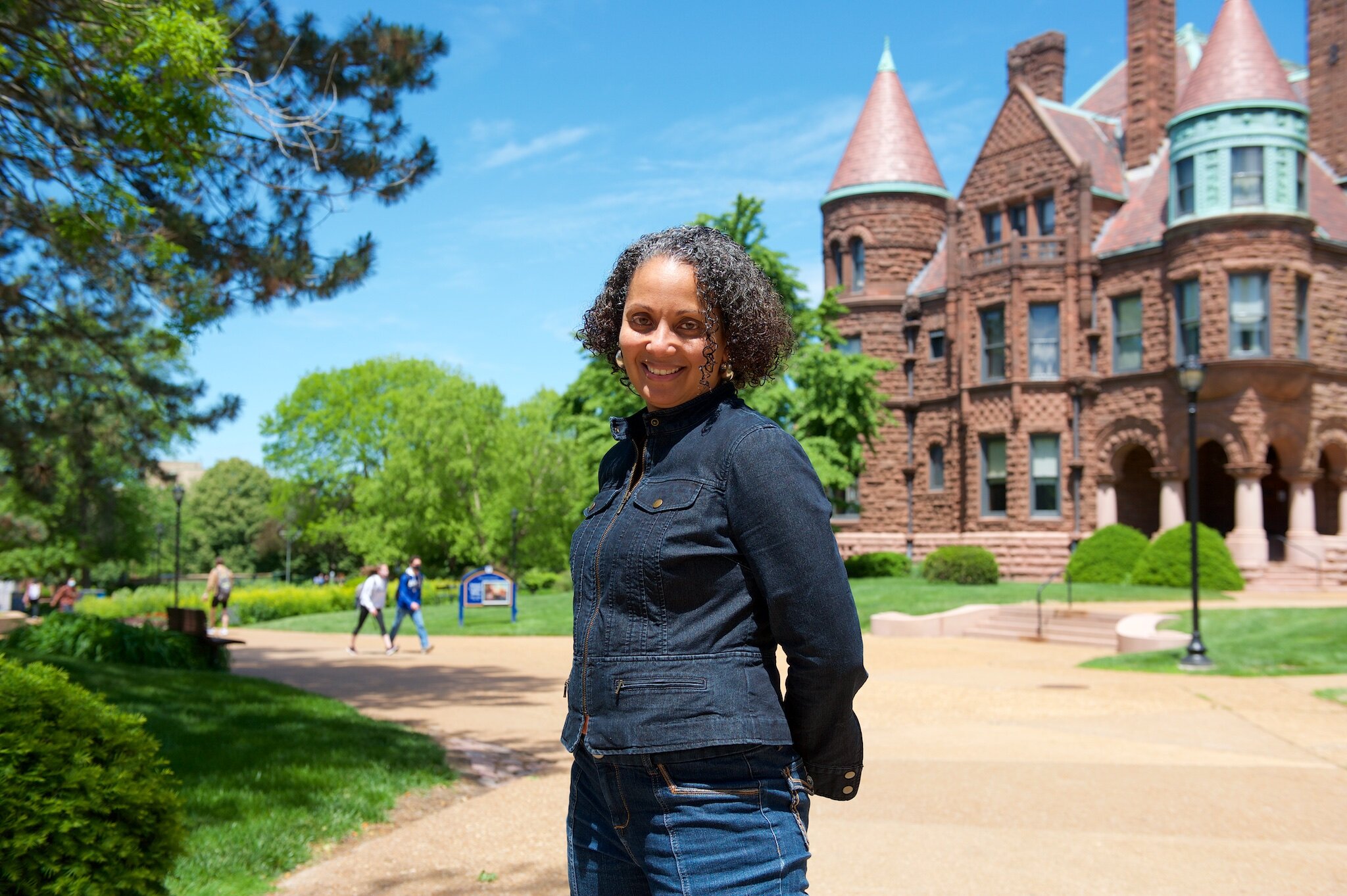
“Public health is important because it’s all those things that are highly visible. Of course, right now, everyone thinks public health is COVID shots, precautions, mask-wearing, not being able to do what we want to do because of restrictions. Public health has been brought to the forefront because of the pandemic. But it’s also why you go to a restaurant like Burger King to have a Whopper or Impossible burger and you don’t get diarrhea. You can go jogging and not get bit by a rabid dog. You can get a tuberculosis test. You can get an HIV test. Your water’s not contaminated. It’s all of the things that don’t happen to you because of public health that people don’t usually think about on a daily basis. Until something bad happens, like COVID, it’s not like it’s this hot social media meme. It’s not exciting. Like, ‘Hey! I went to St. Louis Bread Co. and I didn’t vomit after. Thank you, public health.’ But, I mean, who says stuff like, ‘I went jogging today and I did not get bit by a rabid dog.’ Maybe I should start a social media campaign about that.”

“As a health economist, I’m a data person. So sometimes I meet people through the statistics. In a discussion, I try to bring in the numbers. If someone shares an anecdote, I can say, ‘I’m sorry, the statistics contradict that point. Here’s what the study cites.’ With fighting for Medicaid, for example, I get prepared with the numbers and say, ‘The truth is, 80% of the uninsured are working.’ Sometimes it’s heartening to do this work. I’ve gotten emails out of the blue from regular people throughout Missouri who were thrown off Medicaid or couldn’t get on it. They’d write a long story about how their son is disabled and they tried to get coverage, the State wouldn’t respond, and the people would ask if I could please help. One time I got an email with a problem, sent it to MO HealthNet staff at about 9 a.m., and we met at noon. When I raised the issue at the meeting, the director said, ‘We already fixed the problem.’ I tell that story not to pat myself on the back. But those were the kinds of experiences that make my work worthwhile.”
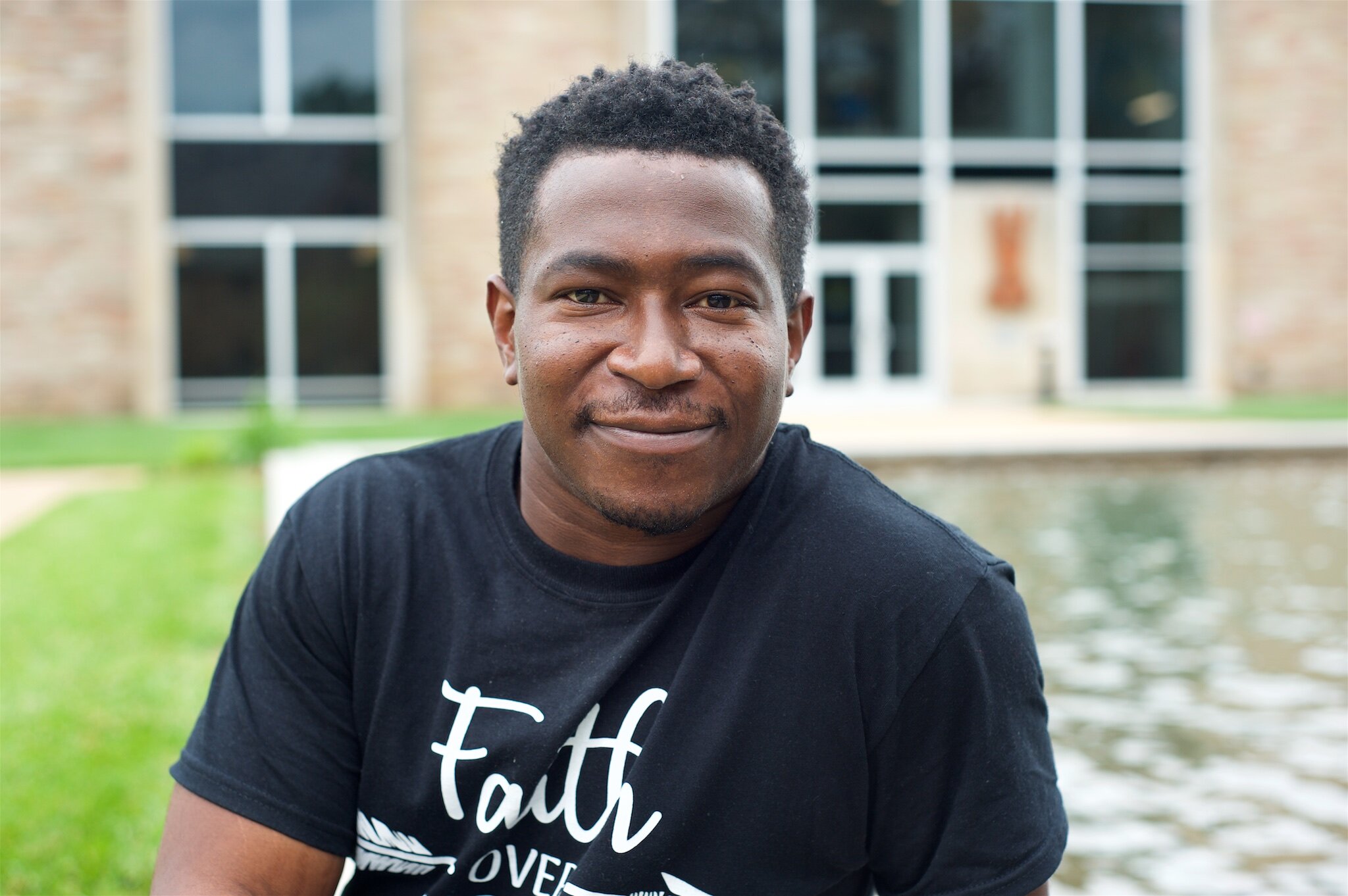
“My fiancé came here from Cote d’Ivoire when she was 13 because of the war in Liberia, and she witnessed people in camps sleeping with four families in an 800-square-foot space. Just horrible conditions and that’s what they’ve known for a while. Then they come to America, transition to St. Louis, and anything is great compared to where they’ve come from. In the United States, we’re aware of what living standards are like and what it means to live in a great condition. So we have to educate new arrivals because in their African context, for example, their previous living conditions may have been great. But in St. Louis, it’s not great. You shouldn’t sleep on the floor with bed bugs on your mattress, rats running around your house, and asbestos in your walls. You shouldn’t have a ridiculous fever sitting at home when you should be at a hospital. Getting regular check-ups is something for the rich where they come from, so it’s not normal to them because they never had that. Then they arrive in this country and, I was going to say, we give them the bare minimum. But maybe we actually haven’t given them anything. Maybe we’ve just let them into the doors of our country and it appears that they’re happy when, in fact, we’ve failed in educating them. Organizations have had a great start, but we still have a long way to go.”
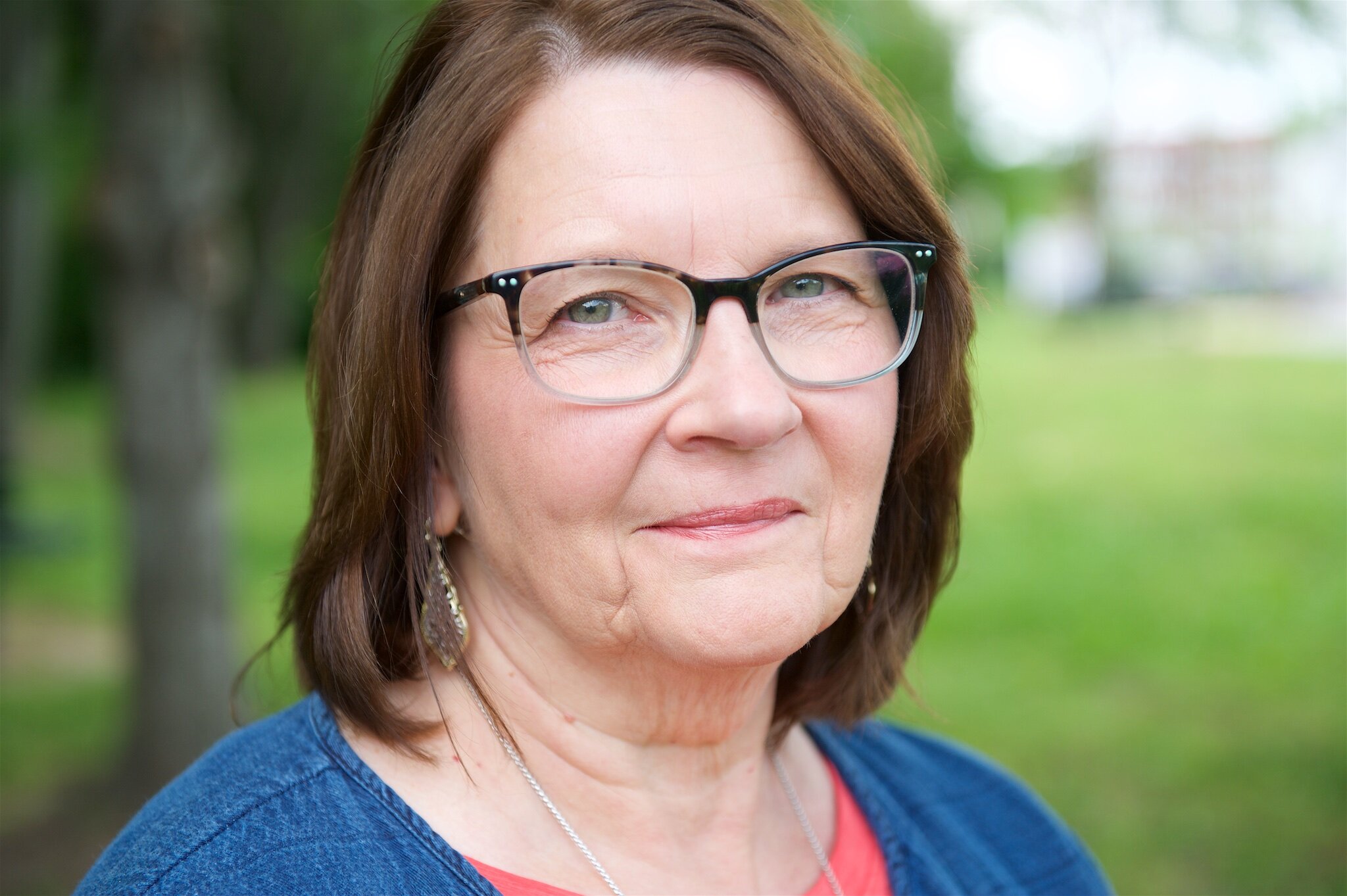
“For years, we focused on keeping babies healthy and we focused on high infant mortality, which in St. Louis is something we need to keep an eye on. In some zip codes, Black babies are dying at a rate three times greater than their white counterparts. Infant health gives us a snapshot into the health of a community and into the disparities because infants are among our most vulnerable members. But, as a women’s health provider, I like to invite us to back that up a bit. We’ve always looked at the baby’s health as the canary in the coal mine. I would argue that their mother’s health is equally important. Because if we pay attention to the mother’s health before, during, and between pregnancies, we are more likely to have better outcomes for both. If people are healthy before pregnancy, even if a pregnancy never occurs, we may have delayed or prevented chronic disease later in life. We may have been able to make sure preventative services are available so we’re screening for things like cancer, heart disease, and diabetes early.”
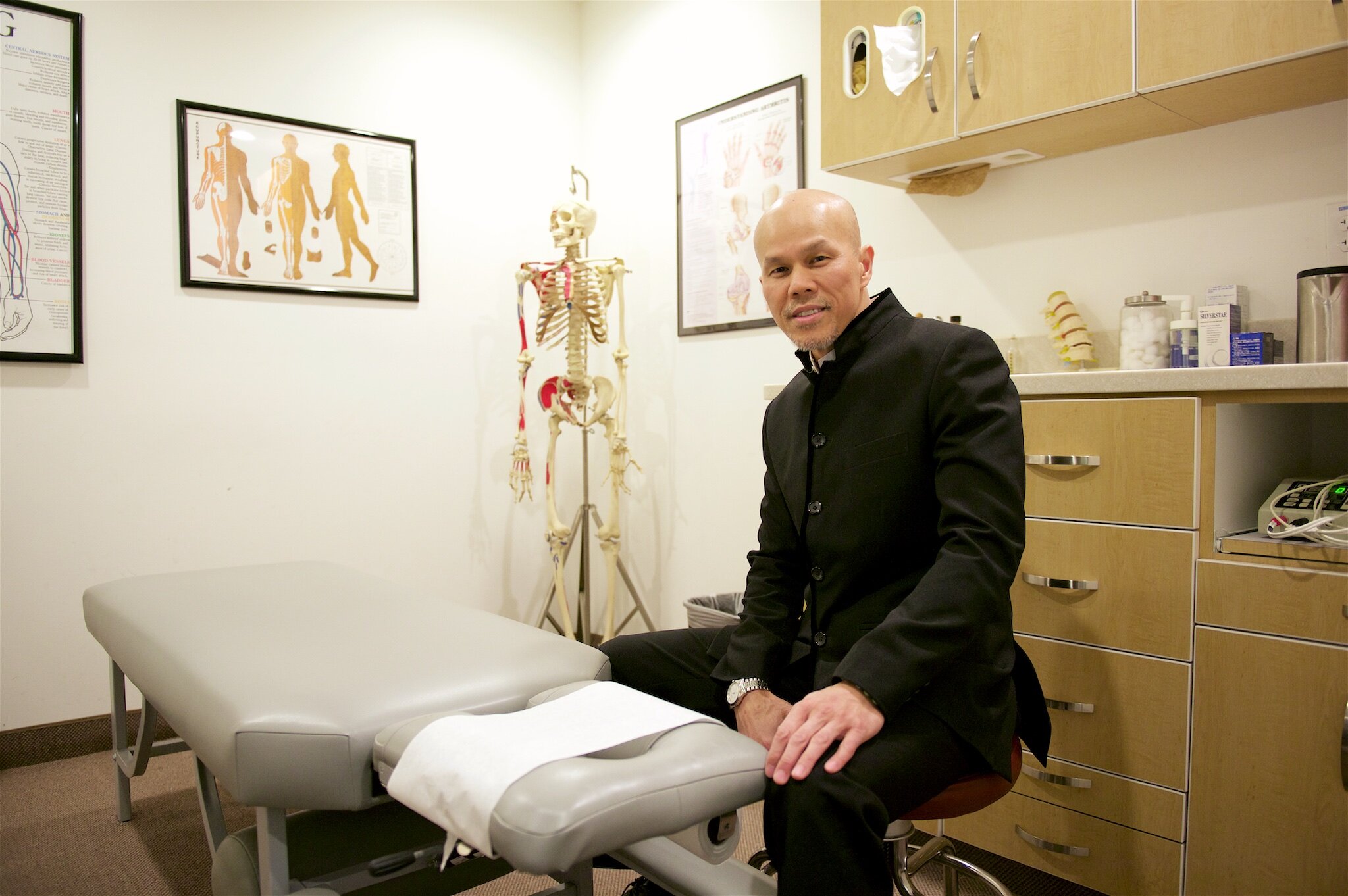
“There’s no such thing as being too healthy. Even though you’re healthy, your health can be improved even further. A community depends on the health of its citizens to be healthy. That’s why we need to keep the public as healthy as possible. As we’ve seen when a pandemic comes through, if you’re healthy, you’re more resistant to catching a disease versus if you were sick. A lot of us tend to put more emphasis on priorities like our clothes, our houses, our cars, and not our health. But without good health, you wouldn’t even be going outside. It’s usually the case that good health is something we tend to think about when we don’t have it. We take it for granted. And without it, it can be really debilitating.”
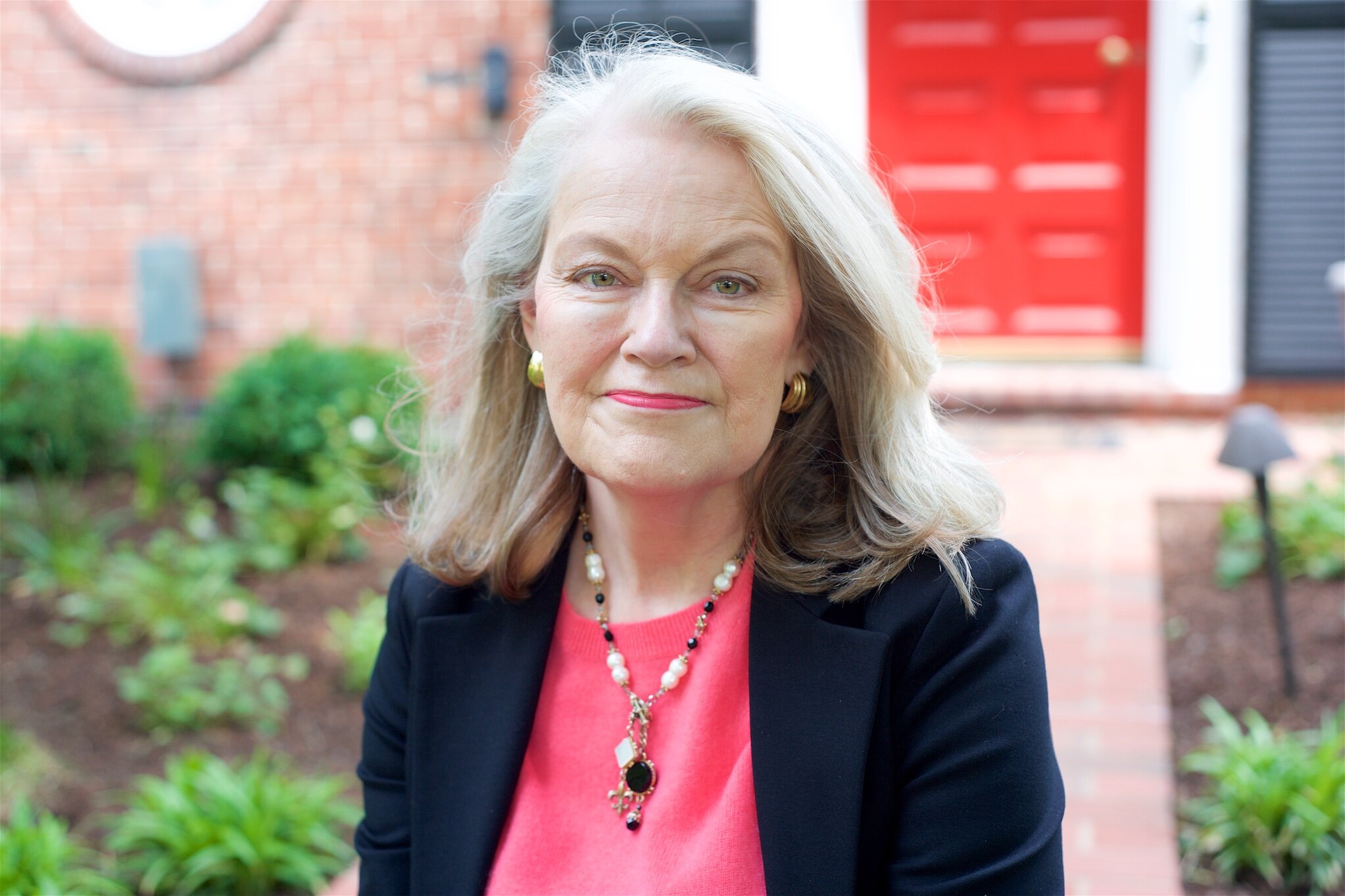
“I’ve been very fortunate because my parents were both public school teachers and, as union members, they had very good health benefits. And I benefited from a college education, a law school education, and employment that gave me healthcare access. So I have not gone through a period of my life when I didn’t have healthcare. What a great privilege. My husband had a stroke recently and I realized how fortunate it is for our city to have world-class health care facilities right here. We’re just so extremely blessed. My husband was at Barnes Jewish Hospital’s neuro-ICU for two weeks. In that time, I was struck by the number of individuals who were in the waiting room from all over the Midwest with their suitcases piled up, using showers in the hospital, sleeping on couches. And I was so privileged to go home to shower, to catch a nap, or whatever else. To know that there have been half a dozen hospitals across the State of Missouri that have closed their doors and that so many people must travel to St. Louis when they have a serious health incident is a serious problem that we must confront. We need to make hospital access more available to everybody.”
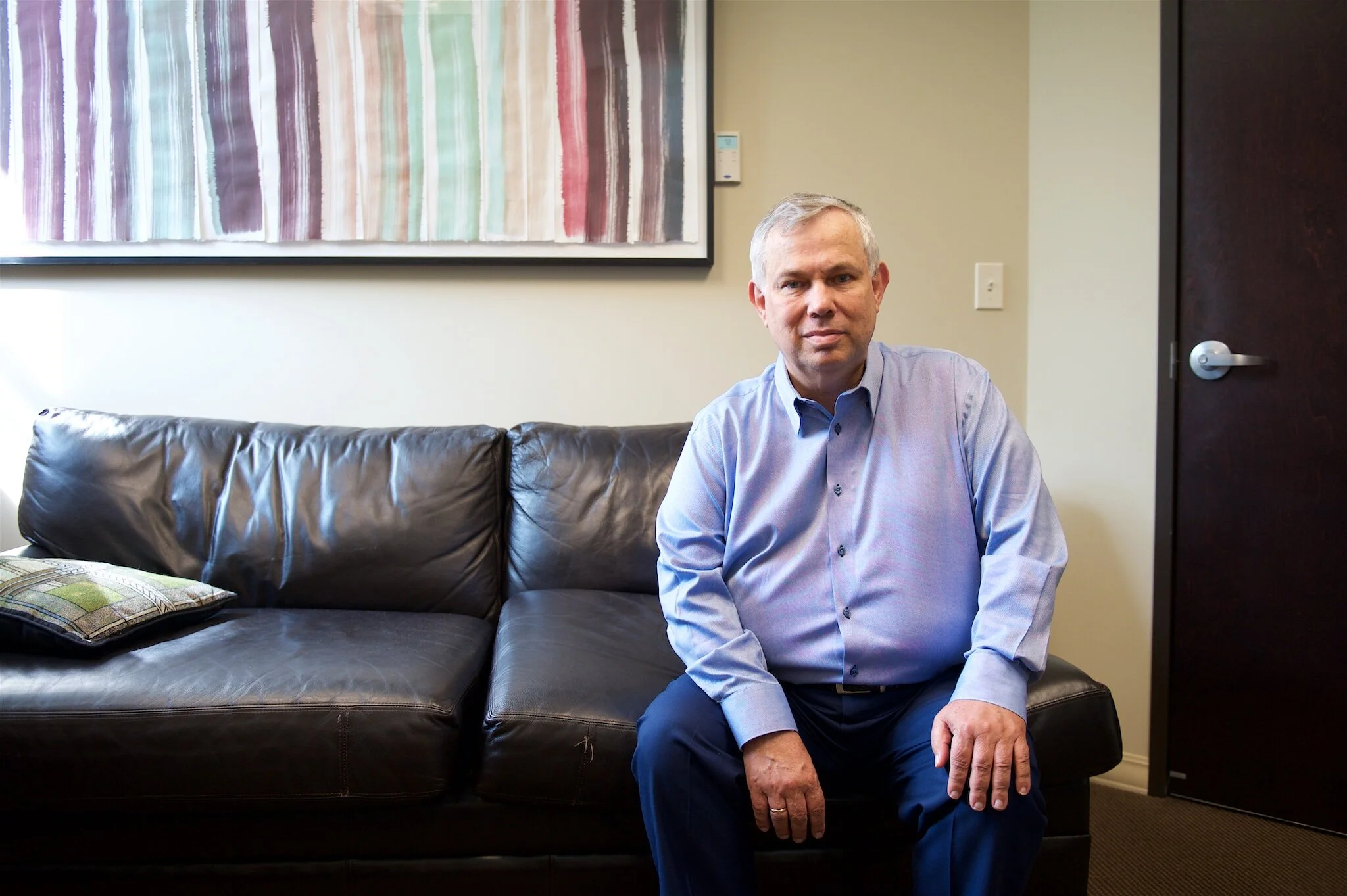
“Addiction is the most human of diseases. It affects so many aspects of society and not just the person with the addiction. It affects the legal system, the healthcare system, the foster care system. As time goes by, more hospitals are treating these conditions instead of turning patients away. Hospitals have been notorious for neglecting this problem. The uninsured and underinsured addicted populations are not sexy topics for hospital marketing. Nobody’s going to have a fundraiser for people addicted to heroin. So for years, hospitals looked the other way for the most part. People can be taken to the ER on near-fatal overdoes and then be released an hour later without any treatment and with a bad taste in their mouth for how they’re treated there. In Missouri, a lot of very smart and dedicated people have been working to address the opioid epidemic. They’ve made remarkable contributions like popularizing a ‘Medication First’ model that has attracted national attention. They have made it easier for patients to access life-saving medications with little to no barriers. It is sobering that despite all these amazing efforts, the number of overdoses is climbing so much.”

“In St. Louis City and the inner suburbs, there are multiple zip codes with lead paint on and in old buildings. Children were eating the paint resulting in impaired cognitive developmental from brain damage that can lead to learning delays and permanent physical problems. The Department of Health hired a graphic designer to create posters asking parents to bring their kids to clinics and test them for lead poisoning. But before the campaign launched, my colleague said, ‘We need to hold some focus groups with people in our target audience to see if these drafts really convey the call to action and encourage people to get their kids tested. How do we do that?’ For almost 20 years, I was employed at FleishmanHillard, an international communications agency, where I led the market research group. My next role was at the United Way of Greater St. Louis as the Senior VP of Marketing and Brand Management. Eventually, I was introduced to the City of St. Louis Department of Health through a colleague who was then serving on the board. That’s when they were creating this public information campaign to encourage parents, grandparents, and guardians of infants and young children to have kids tested for lead poisoning. I recalled the importance of pretesting campaigns, so I volunteered to help.”
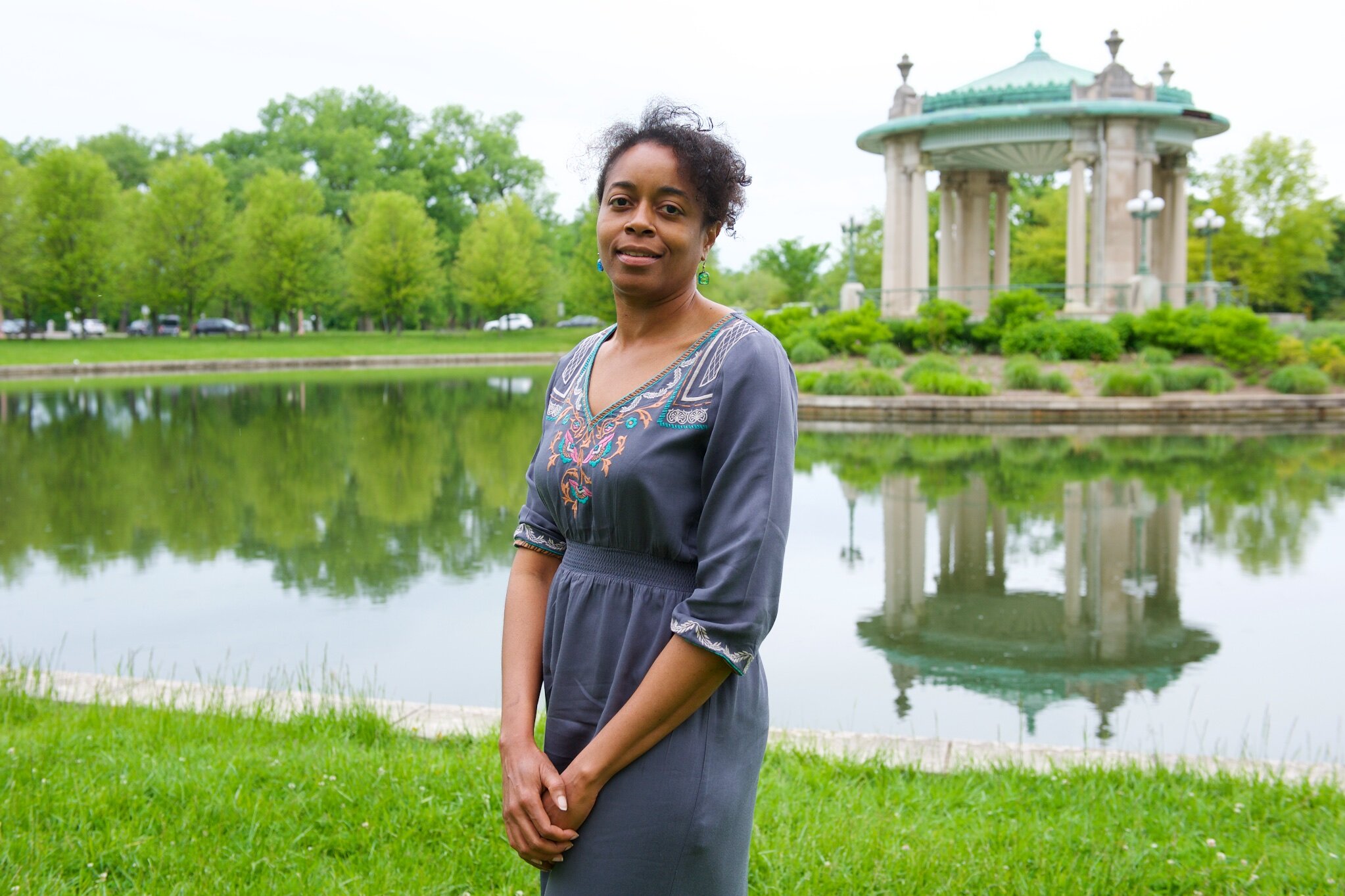
“My first experience understanding what public health means came from working on environmental justice issues when I was in the public school system. We had this mandate to do outdoor experiential learning, which for us meant gardening. I was at a middle school in the City. Getting our first soil samples back from the lot next door to our school showed us wherever we grew, we couldn’t eat because the land was contaminated by lead. We were a part of a cohort of school districts across the region doing this initiative around urban agriculture and farming. And it was clear that many schools throughout St. Louis had to work around environmental hazards and our counterparts in the region had a whole different experience. I started to understand more about being stewards of the land we were working on and how asthma rates and lead poisoning were all impacting students. And it wasn’t just that we couldn’t get out and garden. We had more students diagnosed with learning disabilities, more families experiencing housing instability, and all of those things were environmental justice issues. So whenever I approach public health, I come from environmental justice because that was my background that led me into making sure people had safe places to live and thrive. And I’m not just talking about from gunfire, but that the land you’re walking on is safe, that the air is breathable, and that you’re not more likely to have asthma or lead poisoning because you live in the house you’re in and not somewhere else.”
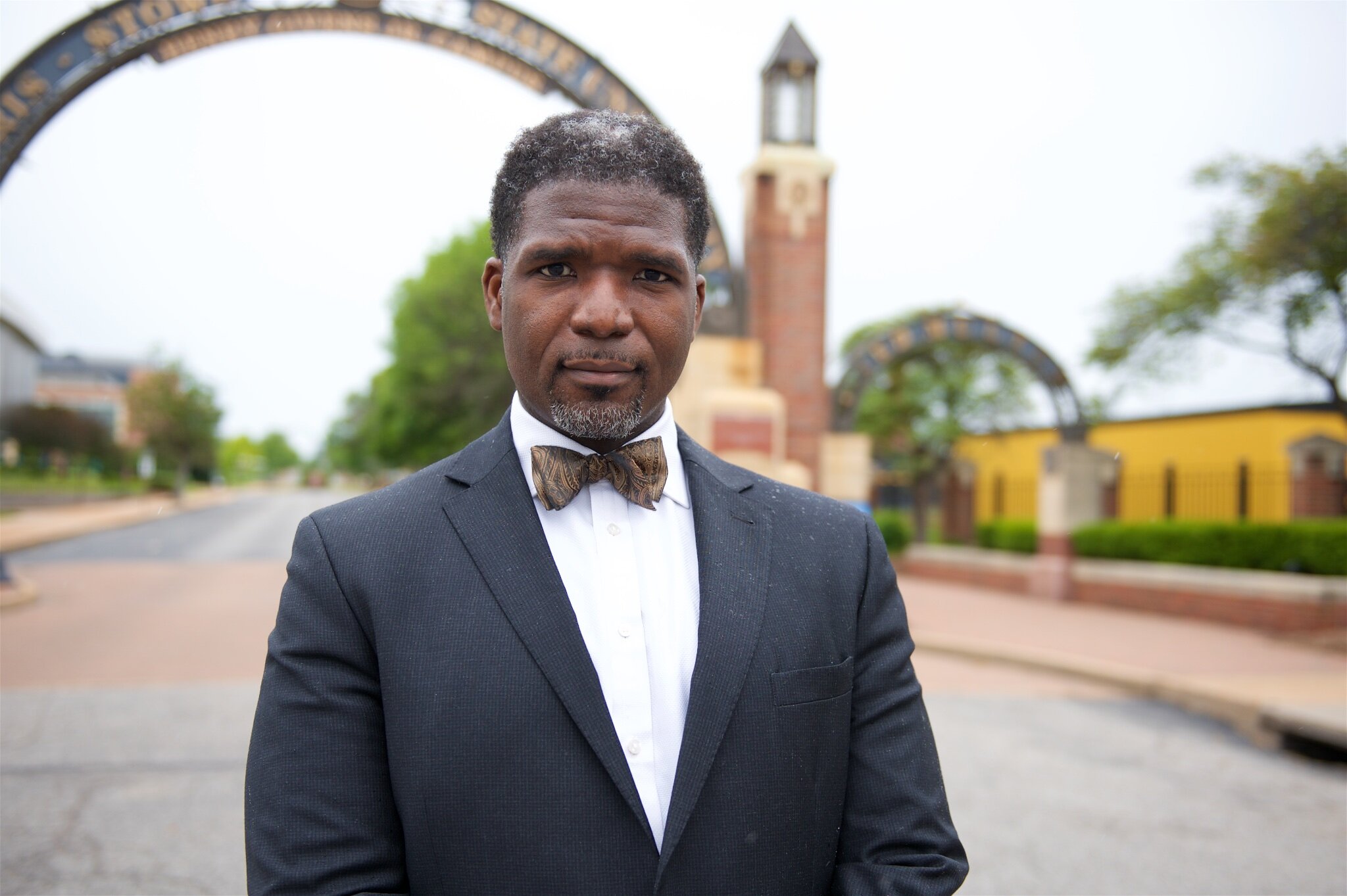
“In my personal life, everything was put on hold. I needed to make sure I was able to do my best to lead the City’s COVID-19 response. Communities were depending on me and I refused to give them less than my best. My family and friends were concerned about my health and wellbeing, but I had to complete the mission. In addition to fulfilling my director role, I was also filling the gaps for other positions. Because some of our federal grants were up for renewal, we were being audited, and we didn’t have enough personnel to fulfill other roles, I had to serve as the grants manager, the fiscal manager, and the HR manager. Things I had to put on the backburner were sleep and free time — all the things we take for granted. It got to the point that I was working 16- to 18-hour days, seven days a week just to stay afloat. But, failure was not an option. City of St. Louis residents deserve our best and that is what we gave them.”
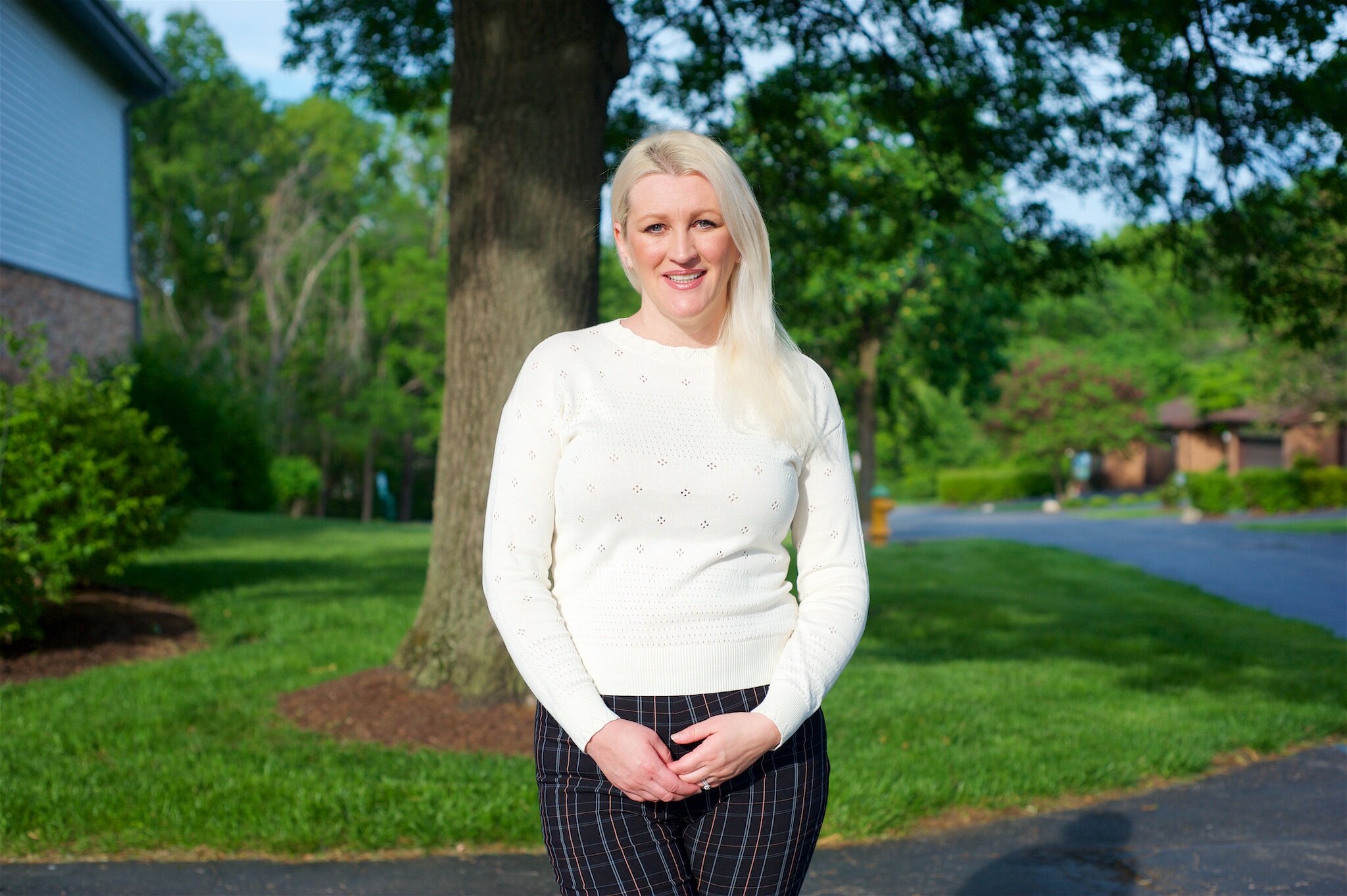
“I think telehealth is going to normalize mental health, which is wild to think about because we work so hard on normalizing it. Everyone has an adjustment disorder. For you to seek mental health services, you don’t have to have depression or some major diagnosis or illness — all you need is to feel stress in your life and feel like you can be doing better coping with it. Then you talk to someone to make things okay. Many assume that to talk to a mental health professional, something has to be ‘wrong.’ And in some cultures, there’s a lot of stigma around seeing someone for mental health. Yeah, there’s anxiety resulting from this pandemic, but it’s also a time to sit and reevaluate things for ourselves. A lot of people are going to talk to a mental health professional because of anxiety and fear. But people are also sitting down to think about how they’re going through this experience and asking themselves, ‘What do I want my life to look like after this?’ I get calls from people saying, ‘I have some anxiety and difficulty adjusting to the situation.’ With all of us going through this time together, seeking mental health services is just another way we take care of ourselves.”
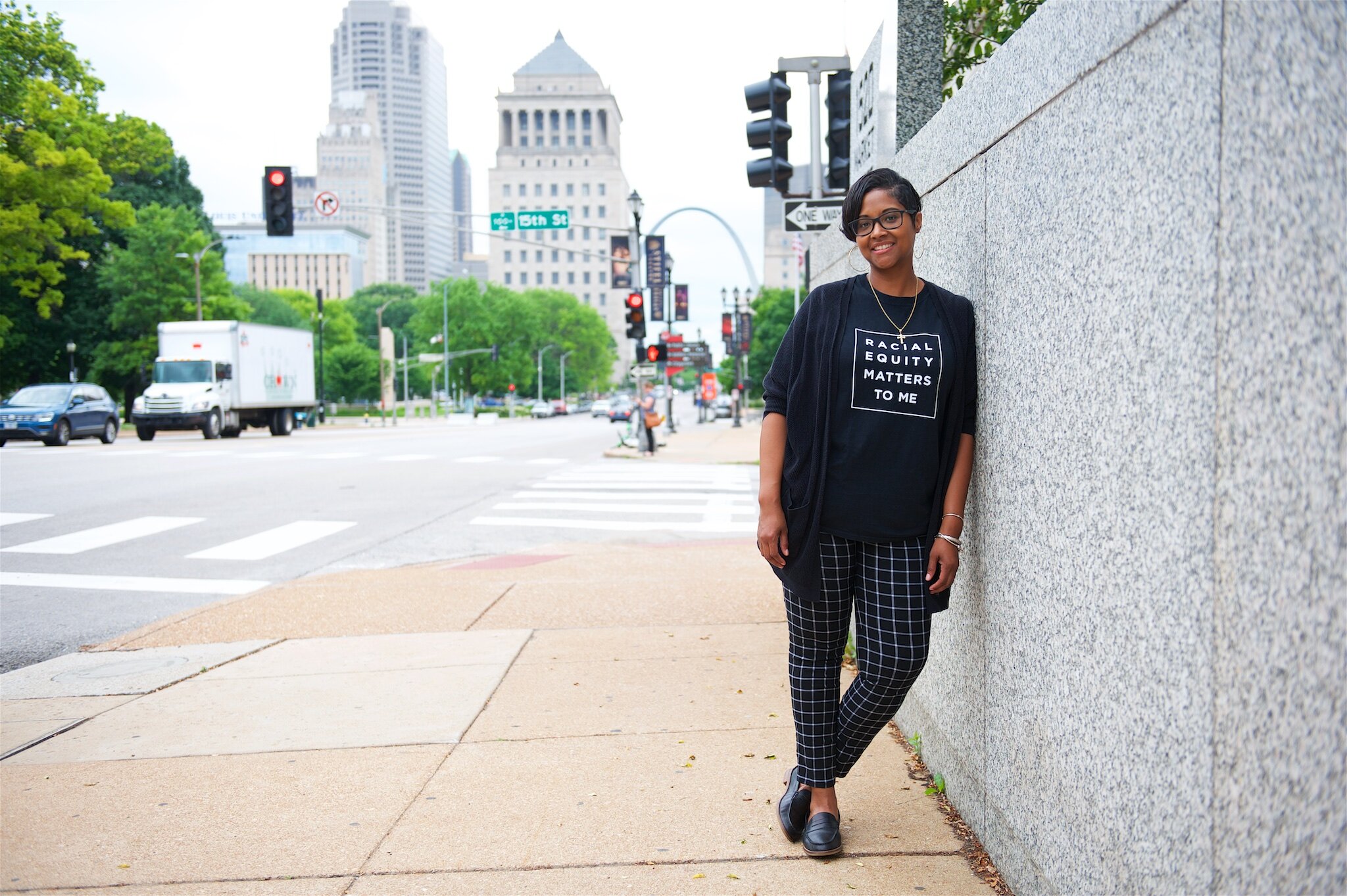
“I’m a hands-on Manager. I do have a staff, but I also work cases. So early on in the pandemic, I called people and placed them on quarantine and I’d hear them ask, ‘What does quarantine mean?’ ‘Well, you need to stay home, take your temperature twice a day,’ yadda, yadda. This one lady told me, ‘But I don’t have a thermometer. How am I going to report back? That means I’m out of compliance. So what does that mean for public health?’ Okay, it’s one person. Next call, same thing: ‘We don’t have thermometers.’ We quickly saw a pattern. And when I told the director, ‘A lot of people don’t have thermometers. We’re quarantining people. How are they gonna get their bills paid? Single moms, the elderly — how are they gonna get diapers, formula for babies, and all those things if we’re telling them they are under quarantine?’ We were able to get a supply of thermometers and arranged to have them dropped off on their doorsteps. But that’s something none of us thought about. I mean, I’m a mom. I probably have 10 thermometers at home because that’s my household. But you’d never think so many people would need thermometers. It’s something simple, but it’s not.”













